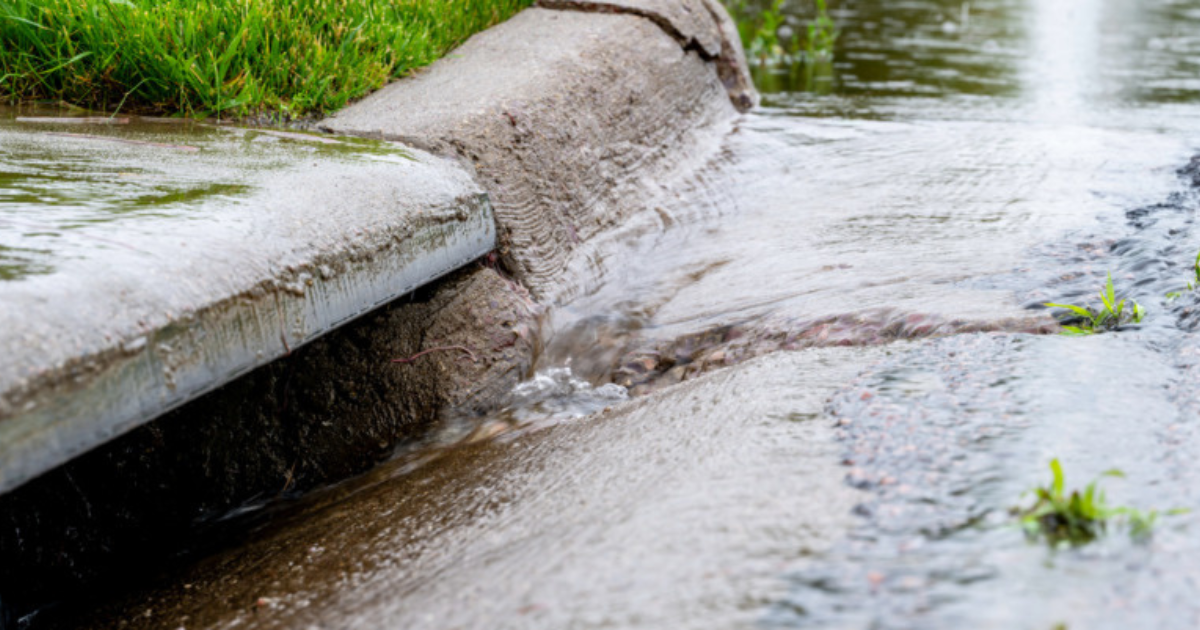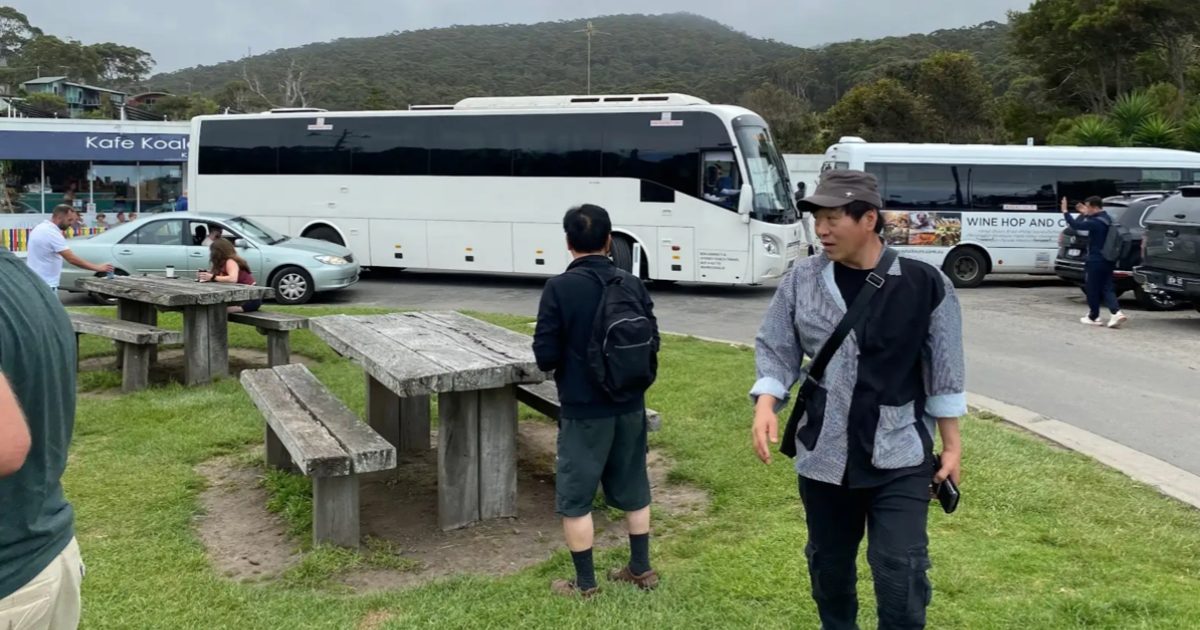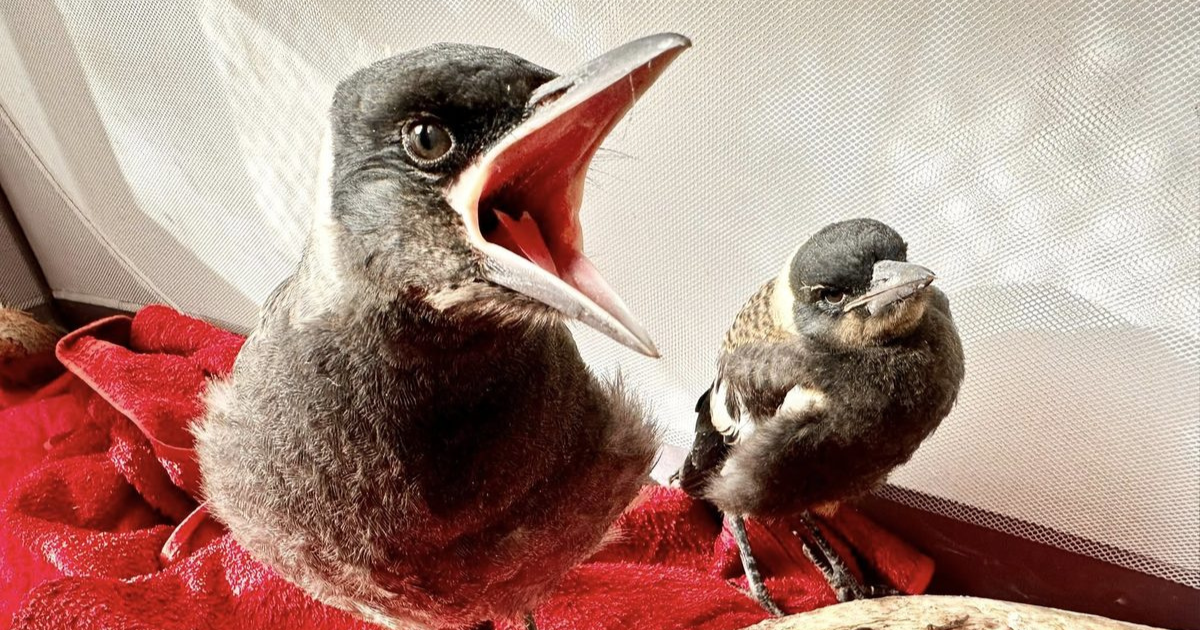Wayne Lynch remembers the coast
WAYNE Lynch was due back in his old hometown of Lorne last month for public talks about the climate, growing up on the relatively undeveloped coast and being the first to surf many of its waves, but COVID ruined all that, like so much of the past few years.
“I was surprised at just how much of it is still around down there,” the legendary surfer and shaper remarked from his home near Yamba in northern NSW, where he and his wife moved about six years ago.
Immunocompromised, he still made the journey down but wore a mask and only caught up with friends outside.
It’s just one of the demarcation points in his memory between a sparse, rugged landscape that helped to define his identity as one of the coast’s surfing pioneers, and its contemporary state of increasing development, industrialisation, visitation and change.
“There’s just such a raw beauty to the place. As soon as you stand on those cliffs and look at the ocean, you just feel that energy that the Southern Ocean has,” he said.
“You don’t – well, I don’t – take that for granted; it’s unique, special.
 “I lived through a great era, a lot of freedom and a very quiet time down there in my youth, before tourism and all the rest, and the developments that have gone on.”
“I lived through a great era, a lot of freedom and a very quiet time down there in my youth, before tourism and all the rest, and the developments that have gone on.”
While the ‘Climate Convo’s’ event he was due to speak at was cancelled, the topics still came up during his catch-ups with friends, particularly what life was like on the east coast having just been through some of the worst flooding, drought and fires on record.
“It’s been horrendous, a very difficult period,” Lynch said.
“We were very lucky, we nearly got burnt out, we nearly got flooded, but friends have copped it really bad.
“There’s people who have got nothing, they’ve lost everything and there’s not much future at the moment – well, they don’t seem to think there is, because there’s not much of a plan. And so that all inevitably came to climate and what’s going on.
 “That’s one thing about growing old in an area, you witness the changes. Some are natural of course, cyclic and all the rest, but some are far worse.
“That’s one thing about growing old in an area, you witness the changes. Some are natural of course, cyclic and all the rest, but some are far worse.
“The way the erosion is down Apollo Bay now, they’ve had to put in groynes and rock walls and all the rest just to stop the ocean road from washing away. Well, that certainly never happened before, so, it’s definitely changing.
“So, I suppose there’s a certain urgency in the things we discuss, more so than there was 10 years ago.”
He listed several areas of concern: erosion, development, opening up of more and more oil and gas projects in areas his father grew up fishing, and live surfcams at once-remote spots.
“To me it’s fairly representative of the way things are going … it’s a type of exploitation.
 “Life is short and you leave behind a legacy of some sort, collectively and individually.
“Life is short and you leave behind a legacy of some sort, collectively and individually.
“One of the important things about this situation we’re in right now, with the climate changing – and I think that’s almost too passive a word but that’s what we use – you know I’ve got grandchildren now and I look at them and so often I think what are you going to inherit and what happens if we don’t correct the problem?
“I don’t really talk about it with the kids too much … I don’t want them to develop a real anxiety, it’s not for them to make the changes, it’s for us, as elders and people who have lived a certain time on the earth to do something about.”


















